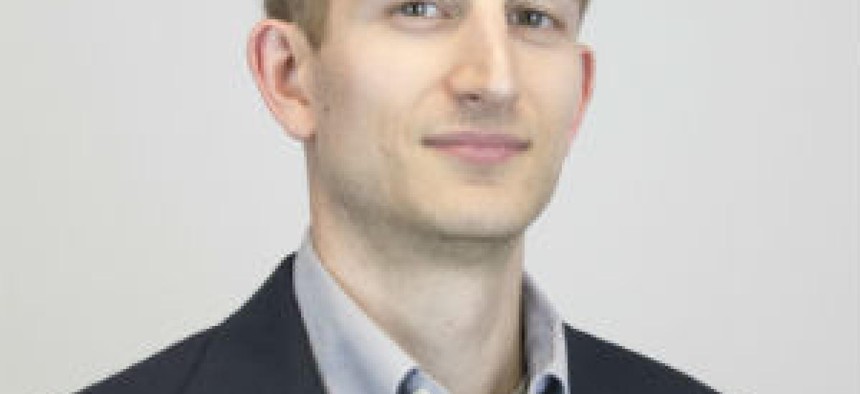ICF's Kesavan to step back from CEO role, Wasson to step in

ICF Chairman and CEO Sudhakar Kesavan will lessen his workload when he steps back from the chief executive role and is succeeded by COO John Wasson.
ICF Chairman and CEO Sudhakar Kesavan’s decision to step down from the chief executive role and hand it over Chief Operating Officer John Wasson -- effective Oct. 1 -- is a watershed moment for both the market and company just as ICF celebrates its 50th anniversary this year.
Kesavan has led the Fairfax, Virginia-based consulting firm since 1999 and steered it through the 2006 initial public offering. ICF has also become global nearly 7,000 employees across close to 70 offices in the U.S. and regions such as Europe, Asia and Africa. The company doubled in size every five years of his tenure through organic growth and acquisitions, with $1.3 billion in revenue posted last year.
So ICF has certainly transformed itself under Kesavan’s leadership and since he first joined as an associate in 1983. Same holds true since Wasson was first hired as an associate in 1987 as and has been COO since 2003. Wasson will quip about having seen “every corner” of the company.
The company announced the transition Thursday alongside its second quarter results. And ICF itself views Wasson’s elevation to CEO and Kesavan’s lightening of his workload in the same manner of the May leadership transition in its public sector arm: just continuing the dynamic of change and a succession planning function.
“People say ICF stands for ‘It Changes Frequently,’” Kesavan told me Wednesday in a phone conversation with him and Wasson. “Change is constant, sure things will change here, but on the other hand, culture and values are not going to change.”
Kesavan will become executive chairman and hence transition to a broader strategic and ambassador role for ICF as Wasson prepares to become chief executive.
“John has been managing all our client-facing operations and the groups, and the corporate business development function for quite some time,” Kesavan added. “He’s done the acquisition integrations.”
“He has taken on these increasing levels of responsibility and is certainly ready to do the CEO job.”
Wasson said there has been a concerted effort by ICF in years to raise its overall visibility beyond just growing the business, and certainly in recent times given its celebrations of being open for 50 years.
Other than that, ICF’s strategy should largely remain the same: a business that works with public sector entities and commercial businesses that aims to blend the best of both worlds for customers in both markets.
“We put interdisciplinary teams of people together with a variety of expertise and experiences to solve client problems,” Wasson told me.
One way that plays out, he said, is building a group that “may need to have subject matter experts in the room who know the industry… you’ll need IT professionals, you might need marketing people to bring creative expertise.”
“If we think we need to have teams of people who have significant experience with the government and the commercial side, and bring in those different perspectives, we can do that too in a collaborative way,” Wasson said.
Wasson might be a living example of how that plays out. The clients he has worked with at ICF are in areas such as energy, environment, public health and disaster recovery.
By his rough count, “several hundred people” who work at ICF have been there for 13 or more years. That includes the “cadre of folks here at ICF at the officer level and above,” he said. As an example, just look at the transition of the public sector leadership role from Ellen Glover to Mark Lee, who has spent his entire professional career at ICF since 1997 and started as an environmental scientist.
“I think it is an indication of (how) we do have a strong culture, we do develop people and people spend their career here,” Wasson said. “That’s been a big part of our success in succession planning too is, we have that deep bench of senior folks who have been here a long time.”


